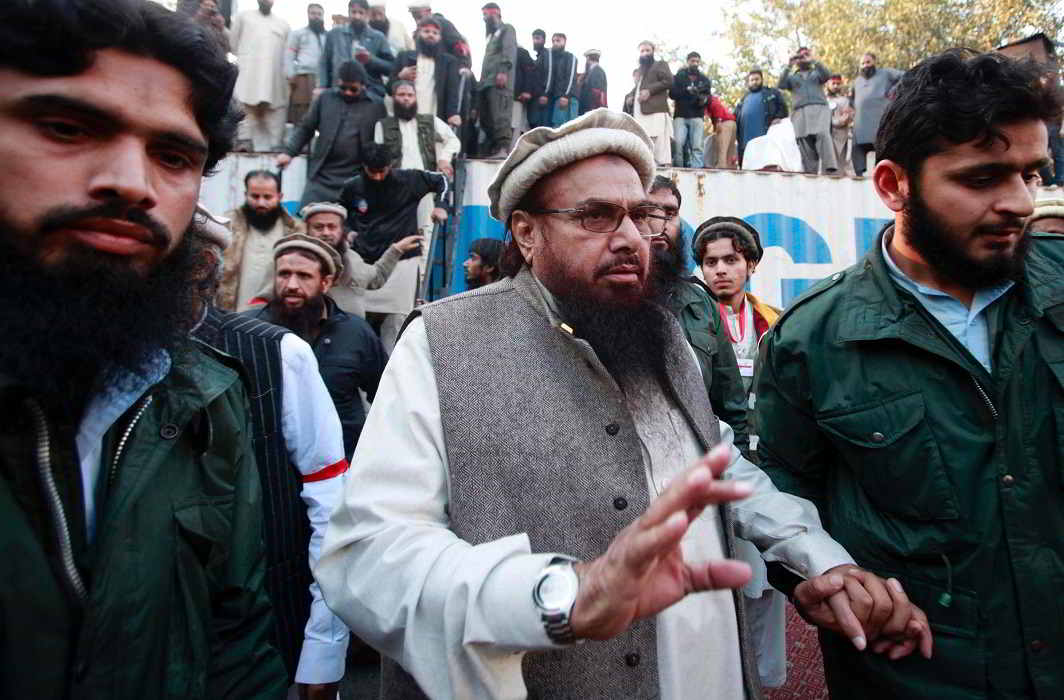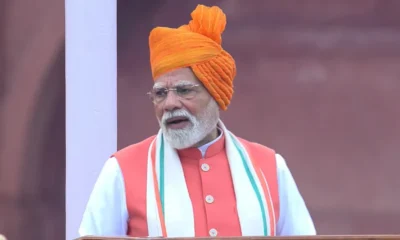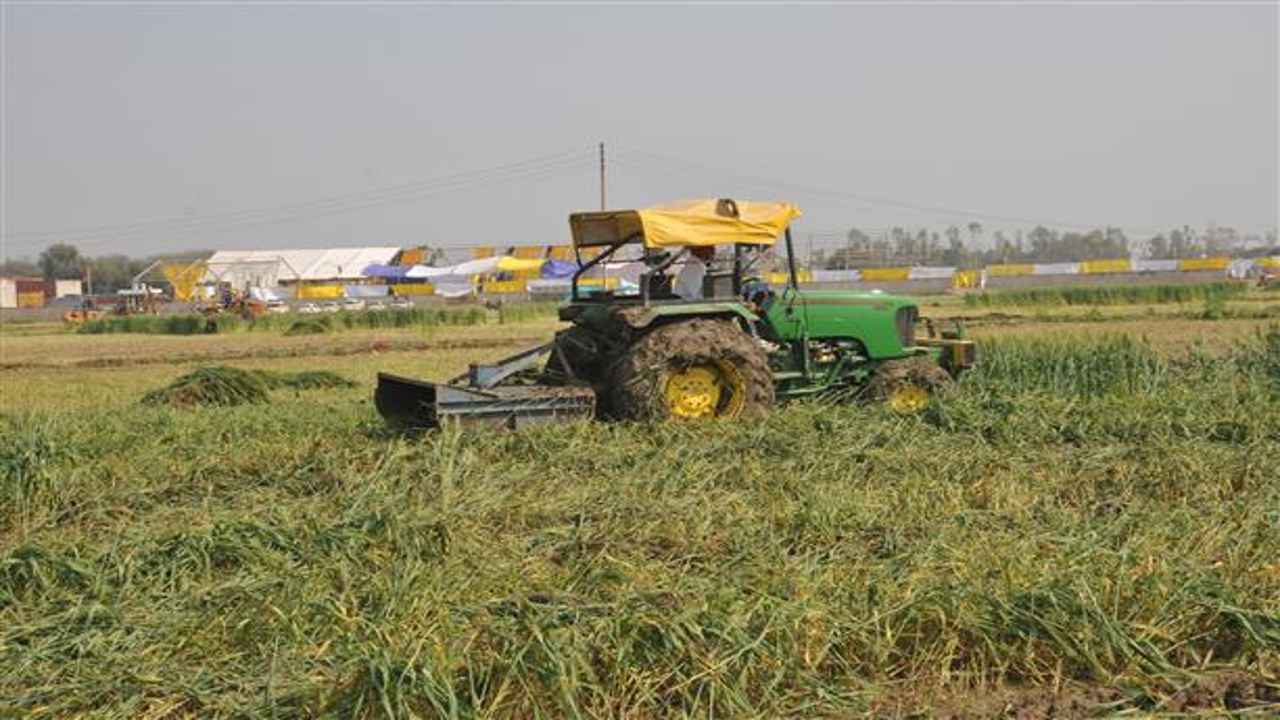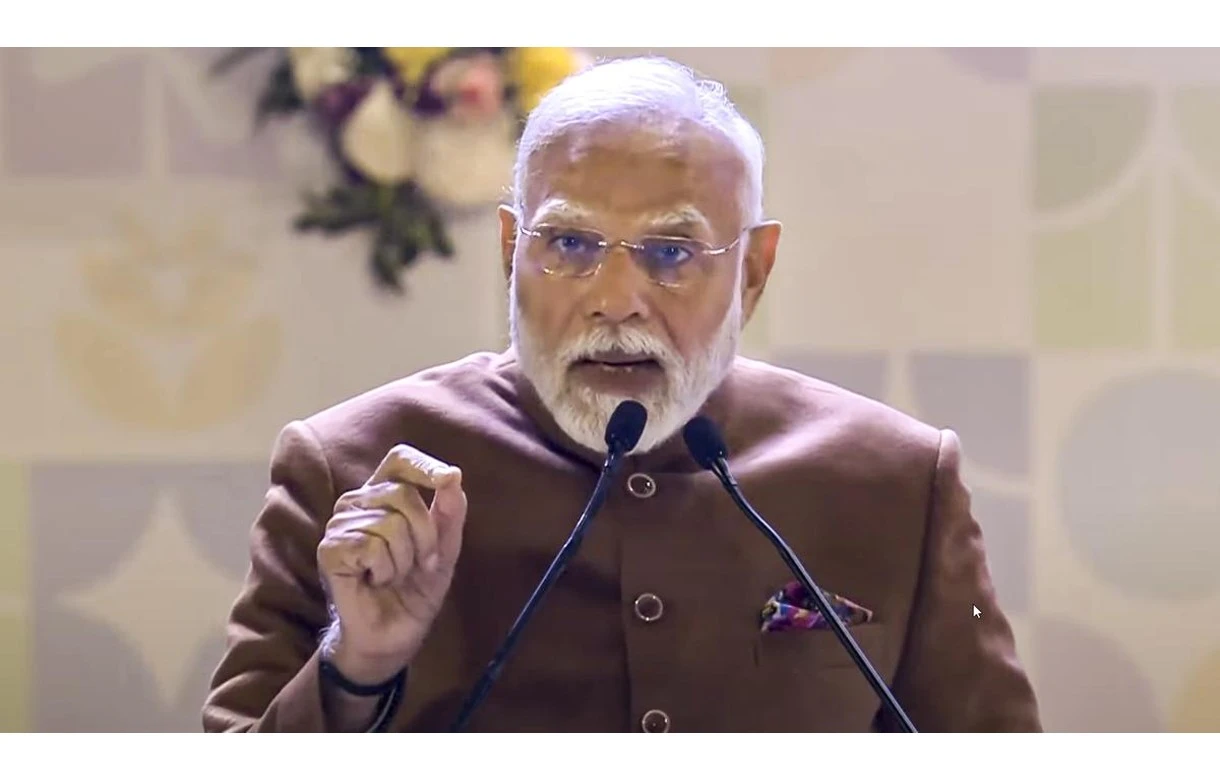[vc_row][vc_column][vc_column_text]New Delhi’s success in isolating Pakistan globally forced Islamabad’s hand
By Abu Turab
India’s aggressive diplomacy against Pakistan for its support to cross-border terrorism has been productive and has led to a sense of isolation in Islamabad which is what reportedly forced Pakistan to place Jama’at-ud-Da’wah chief Hafiz Saeed under house arrest on January 30. India has been, for quite some time, demanding that Saeed be put on the United Nations-sanctioned terrorists’ list.
New Delhi’s recent diplomatic moves began when it refused to approve the appointment of Amjad Hussain Sial as Secretary General of the South Asian Association for Regional Cooperation (SAARC) in January this year. Sial is Islamabad’s candidate as it was supposed to host the 19th SAARC summit in November last year, but the event fell through when India decided to boycott it and other countries also pulled out.
In the normal course,the appointment of the Secretary General is approved by the Council of Ministers of the member countries when they meet before the summit. New Delhi feels that Sial’s appointment should not be cleared without following the set procedure.
According to Hindustan Times, the ministry of external affairs asked the SAARC secretariat, currently in Kathmandu, to follow the process laid down in the charter for appointing the Secretary General. India emphasized that the appointment should not be done merely through a diplomatic note. It pointed to Article V of the MoU on the establishment of the SAARC secretariat. But the Council of Ministers’ meeting could not take place because the boycott prevented the summit being held.
Pakistan’s reputed Dawn newspaper reported on February 1 that officials in Islamabad accuse India of employing “delaying tactics” and insist that concurrence had been received from all members, including India. A copy of an Indian diplomatic note dated May 30, 2016, conveying concurrence for Sial’s appointment, was shared by Dawn.
Pakistan also claims that Sial’s nomination was made at the SAARC Council of Ministers in Pokhara, Nepal, in March 2016 and was endorsed by all member states.
Relations between the two nuclear-powered neighbours nosedived last year when violence erupted after the killing of Burhan Wani, the poster boy of the Hizbul Mujahideen, in an encounter with security forces in Kashmir in July last year. India also accuses the Jaish-e-Mohammad, a Pakistan-based terror group, for attacking its military camp in Uri, killing 17 soldiers, in September last year. At one point of time Union Home Minister Rajnath Singh had even called Pakistan a terrorist state.
Dawn observed that the Indian leadership does not say it, but a sub-regional transport agreement and statements by Prime Minister Narendra Modi indicate that India is working towards a regional bloc minus Pakistan. Furthermore, by isolating Pakistan, it believes, India is trying to gain maximum leverage and influence in the region.
The Pakistani daily talked about Pakistan’s importance in the region and observed that Pakistan, besides its large territorial size, has been an active member of SAARC and is currently contributing 24 percent of the secretariat’s budget.
Meanwhile, the Pakistan Prime Minister’s adviser on foreign policy, Sartaj Aziz, on January 27 alleged that India, by boycotting the SAARC summit, “impeded” the grouping’s process and “violated the spirit of its charter”. Aziz was speaking while meeting outgoing SAARC Secretary General Arjun Bahadur Thapa in Islamabad. Thapa’s stint ends on February 28.
The Islamabad Foreign Office, while quoting Aziz, in a statement said that “Pakistan remains committed to hosting the 19th SAARC Summit at Islamabad at the earliest so that the objectives of the regional cooperation can be pursued more vigorously.”
In a damage control exercise, Pakistani establishment chose to place Saeed under house arrest. He is the Mumbai terror attacks mastermind, the Lashkar-e-Taiba founder and the Jama’at-ud-Da’wah chief.Saeed said his house arrest was the result of pressure from India because of his advocacy of freedom of Kashmir and Balochistan. Among the reasons for his arrest, he cited the bonhomie between Modi and US President Donald Trump.
Saeed was earlier placed under house arrest in December 2008 after the Mumbai terror attack and again in September 2009. On both occasions, the house arrest was lifted after a short duration.
On January 9 Dawn reported that the civilian government had informed the military leadership of “growing international isolation of Pakistan” and sought consensus on several key actions by the state. Prime Minister Nawaz Sharif also directed fresh efforts to conclude the Pathankot investigation and resume Mumbai terror attack-related trials in the anti-terrorism court in Rawalpindi.
According to the daily’s report, the message was clear that military-led intelligence agencies were not to interfere if law enforcement agencies acted against militant groups that are banned or considered off-limits for civilian action.
Dawn further revealed that Foreign Secretary Aizaz Chaudhry, in a presentation in the PMO, summarized the results of the recent diplomatic outreach by Pakistan and described the isolation it has been facing in major world capitals. He said that relations have deteriorated and will likely further deteriorate because of the US demand for action against the Haqqani network. On India, Chaudhry stated that completion of the Pathankot investigation and some “visible action” against the Jaish-e-Mohammad were among the principal demands.[/vc_column_text][/vc_column][/vc_row]


 India News23 hours ago
India News23 hours ago
 India News8 hours ago
India News8 hours ago
 India News8 hours ago
India News8 hours ago
 Latest world news8 hours ago
Latest world news8 hours ago
 India News2 hours ago
India News2 hours ago
 Cricket news2 hours ago
Cricket news2 hours ago
 Latest world news2 hours ago
Latest world news2 hours ago















